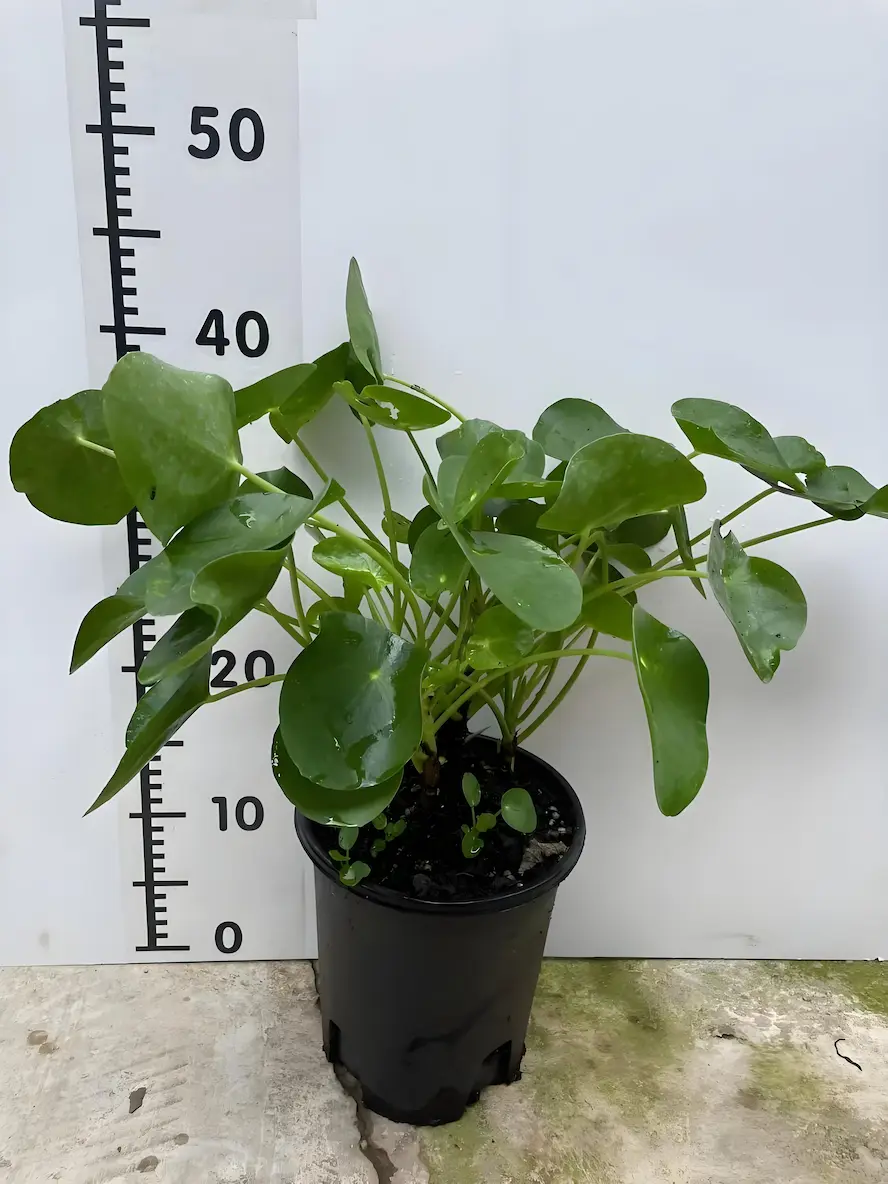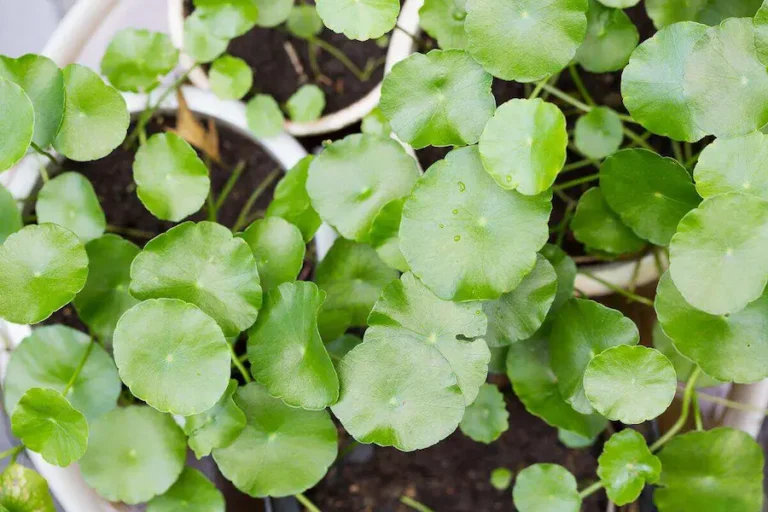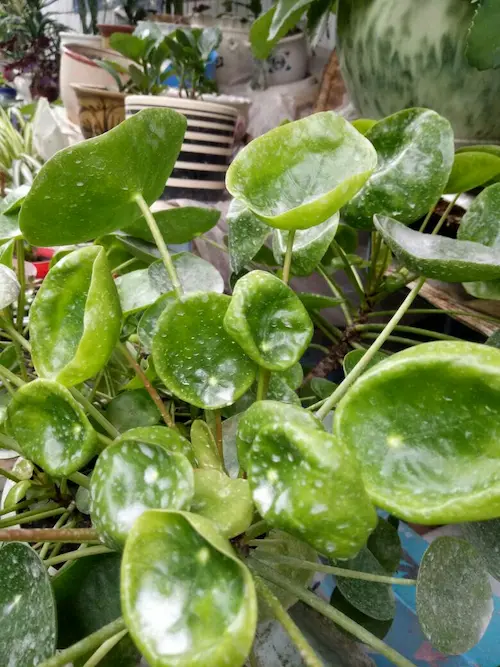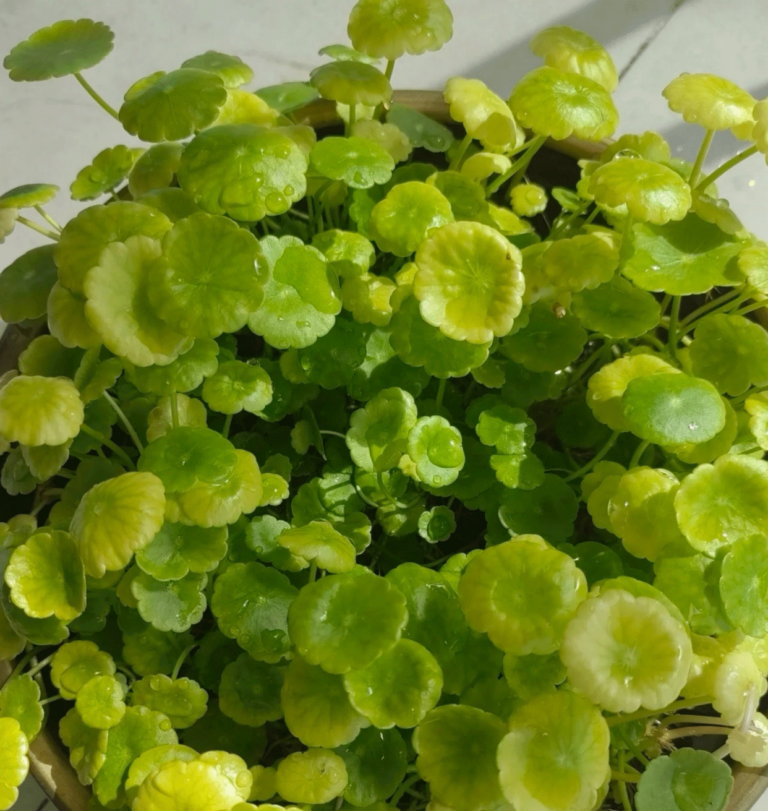Chinese Money Plant Not Growing? 7 Reasons Why & How to Fix
Why is my chinese money plant not growing?This comprehensive guide covers all solutions to get your plant growing again.
Understanding Growth Problems in Chinese Money Plants
Before troubleshooting, note that Pileas naturally grow slower in winter. True growth issues typically involve:
- No new leaves for 3+ months
- Stunted vertical growth
- Leaf discoloration or drooping
1. Lighting Issues: The Most Common Culprit
Symptoms:
- Leggy stems with wide gaps between leaves
- Small, pale new leaves
- Leaves stretching toward light sources
Optimal Light Conditions:
- Bright, indirect light (1,000-2,000 lux)
- East-facing windows ideal
- 6-8 hours daily
- Rotate plant weekly for even growth
Pro Tip: Use a light meter app to check intensity. If below 1,000 lux, supplement with grow lights.
2. Watering Mistakes: Finding the Balance
Overwatering Signs:
- Yellowing lower leaves
- Mushy stems
- Fungus gnats
Underwatering Signs:
- Crispy leaf edges
- Drooping leaves
- Soil pulling from pot edges
Watering Best Practices:
- Water when top 2 inches are dry
- Use room temperature water
- Ensure pots have drainage holes
- Reduce frequency in winter (every 2-3 weeks)
follow the “check dry, water wet” principle and reduce watering frequency in winter. If you want to master the watering techniques for Chinese Money Plants in more depth, please check out our Chinese Money Plant Watering Guide.
3. Nutrient Deficiencies: Feeding Your Pilea
Key Nutrients Needed:
- Nitrogen (leaf growth)
- Phosphorus (root development)
- Potassium (overall health)
Fertilization Schedule:
- Spring-Summer: Diluted balanced fertilizer every 2 weeks
- Fall-Winter: Monthly or none
- Always water before fertilizing
Signs of Overfertilization:
- White crust on soil
- Brown leaf tips
- Sudden leaf drop
4. Temperature and Humidity Factors
Ideal Conditions:
- Temperature: 18-25°C (65-75°F)
- Humidity: 50-60%
- Avoid drafts and heat vents
Winter Care:
- Move from cold windows
- Use pebble trays for humidity
- Group plants together
5. Root Bound and Soil Issues
When to Repot:
- Roots growing through drainage holes
- Water runs straight through
- Plant dries out very quickly
Perfect Soil Mix:
- 2 parts potting soil
- 1 part perlite
- 1 part orchid bark
- Handful of worm castings
use loose, fertile, and well-draining soil. For more detailed information and recipe suggestions on how to make the ideal soil, you can refer to our Chinese Money Plant Soil Guide.
6. Pest Prevention and Treatment
Common Pests
- Spider Mites
- Treatment: Neem oil spray.
- Prevention: Weekly leaf wiping.
- Mealybugs
- Treatment: 70% alcohol on cotton swabs.
- Prevention: Isolate new plants.
- Fungus Gnats
- Treatment: Yellow sticky traps.
- Prevention: Let soil dry between waterings.
7. Natural Growth Cycles
Understanding Dormancy:
- Normal in winter
- Growth resumes in spring
- Reduce watering but maintain light
Propagation Tips:
- Best time: Spring
- Methods: Pup division or leaf cuttings
- Success rate: 80% with proper humidity
Quick Troubleshooting Guide
| Symptom | Likely Cause | Immediate Action |
|---|---|---|
| Yellow leaves | Overwatering | Check soil moisture |
| Small new leaves | Low light | Move to brighter spot |
| Leggy growth | Insufficient light | Rotate plant regularly |
| Brown leaf edges | Low humidity | Mist leaves or use pebble tray |
| No new growth | Dormancy or rootbound | Check season/root system |
Chinese Money Plant Growth FAQs
Q: How fast should a healthy Chinese Money Plant grow?
A: Under ideal conditions, expect 1-2 new leaves per month during growing season (spring-summer). Mature plants typically reach 12-18 inches tall.
Q: Why are my Pilea’s new leaves so small?
A: Small leaves usually indicate insufficient light or nutrient deficiency. Move to brighter location and apply balanced fertilizer at half strength.
Q: Can I make my Chinese Money Plant grow taller?
A: To encourage vertical growth: 1) Provide brighter indirect light 2) Rotate plant weekly 3) Stake stems gently 4) Ensure proper watering (moist but not soggy).
Q: Is leaf curling normal for Chinese Money Plants?
A: Mild curling can occur with new leaves, but persistent curling often signals underwatering, low humidity, or spider mite infestation. Check soil moisture and inspect leaf undersides.
Q: How often should I repot a non-growing Pilea?
A: Repot every 2-3 years in spring. Signs it’s time: roots emerging from drainage holes, water running straight through, or visible salt buildup on soil surface.






